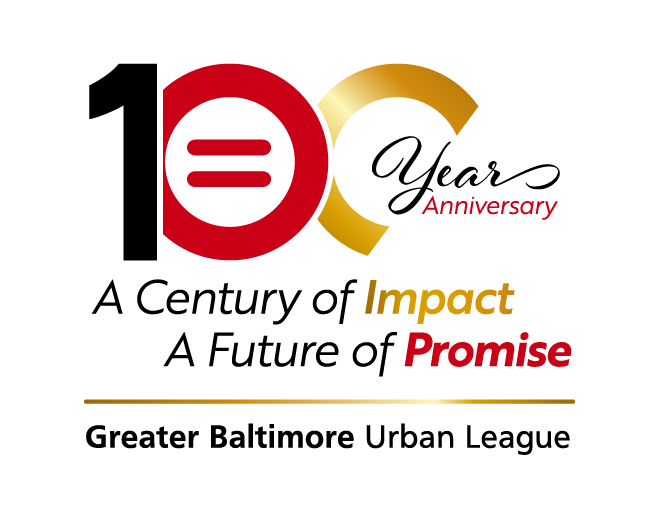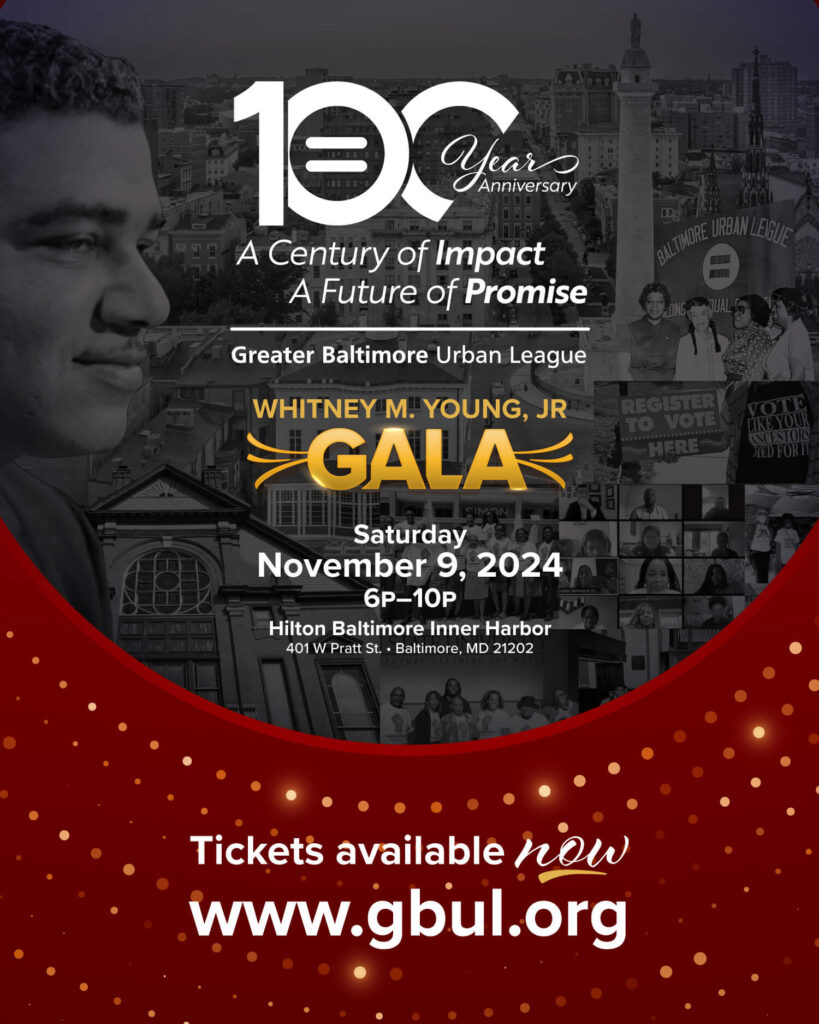Greater Baltimore Urban League: GBUL Stands with Civil Rights Leaders in Protecting Federal Funding for Our Communities Greater Baltimore Urban League Joins the Call to Protect Federal Funding for Critical...
Read MoreGreater Baltimore Urban League Celebrates
100
years
of Empowerment
A Century of Impact. A Future of Promise.
November 9, 2024
Centennial Gala
The Greater Baltimore Urban League is celebrating 100 years of impact in 2024!
On Saturday, June 8, 2024, The Greater Baltimore Urban League kicked off its 100th anniversary campaign, A Century of Impact, A Future of Promise. For a century, we’ve been at the forefront of empowering communities and advancing civil rights. As we mark this incredible milestone, we’re not just looking back—we’re fueling the future. This exciting celebration includes special community events, short biographical documentary, a signature golf tournament on October 10th, and a grand gala on November 9th. The campaign will also spotlight local and national leaders who have empowered Black communities in the Greater Baltimore region. Join us as we reflect on the progress we’ve made, honor the ongoing fight for equality and continue driving change for the next 100 years.
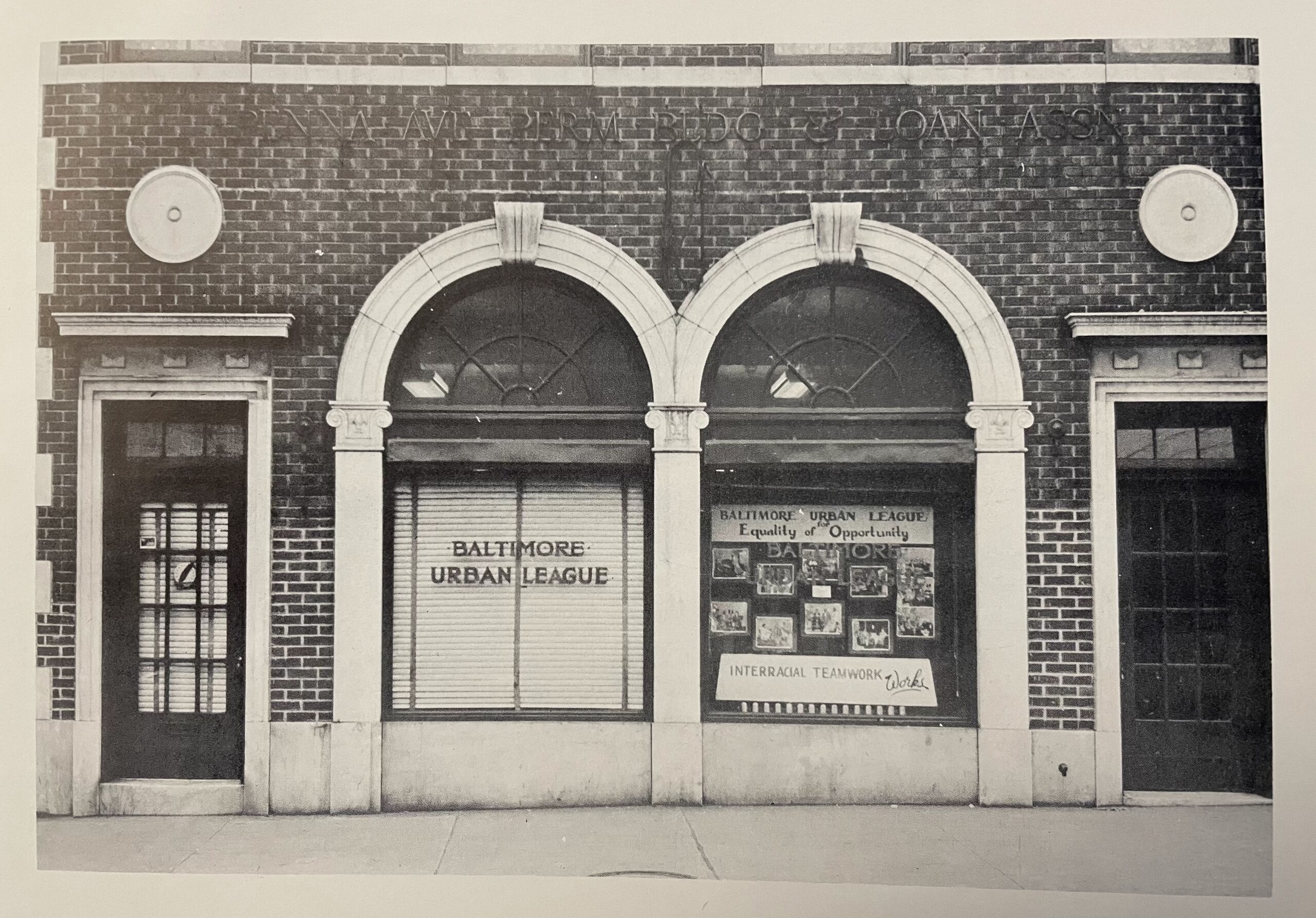

The Greater Baltimore Urban League, originally known as the Baltimore Urban League, was organized and chartered by the National Urban League in December 1924. Inspired by the 1919 Hague Conference in Europe after World War I, Baltimore clergyman Rev. Peter Ainslie returned home with a mission: to improve living conditions and job opportunities for Baltimore’s Black residents. Over the past 100 years, this organization has grown in size and impact, becoming the leading force for empowering Black people economically and socially. Scroll down to follow our story through the past century.
A Century of Impact. A Future of Promise.
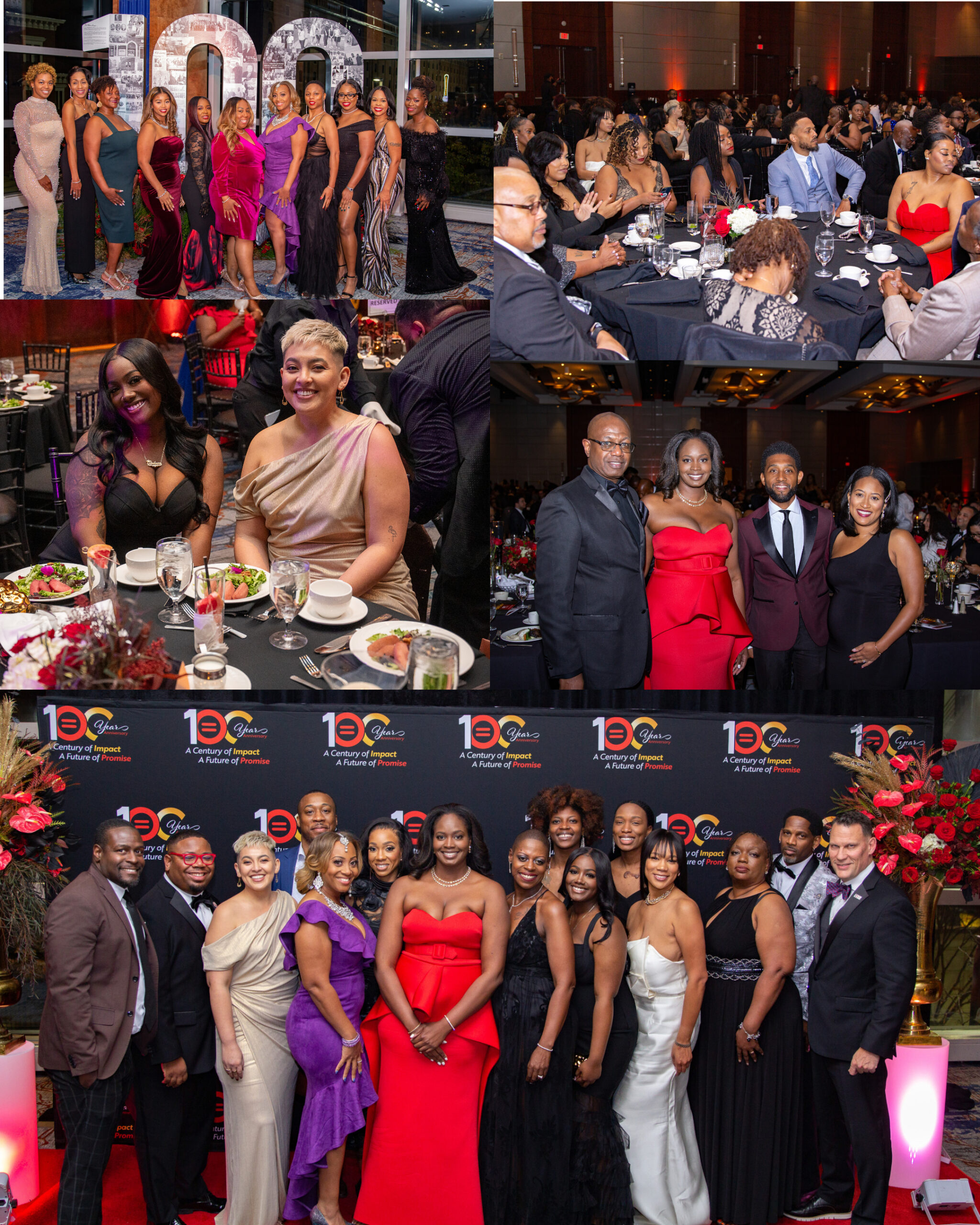
Special thank you to everyone who attended and have supported us for the last 100 years.
GALA Honorees
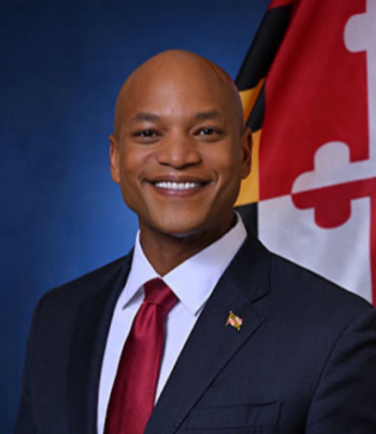

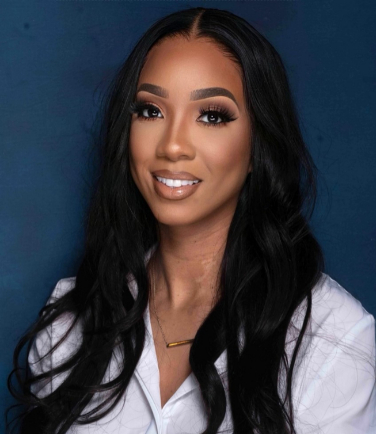
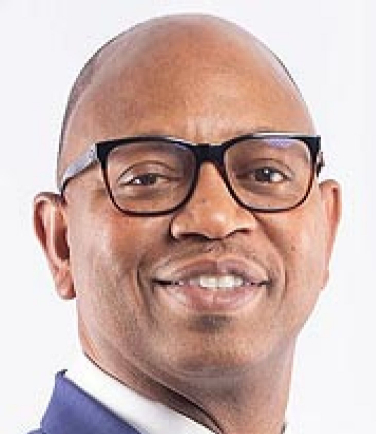
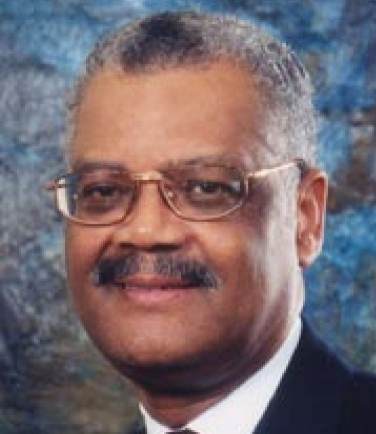
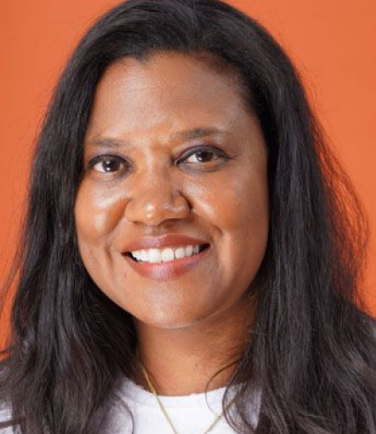
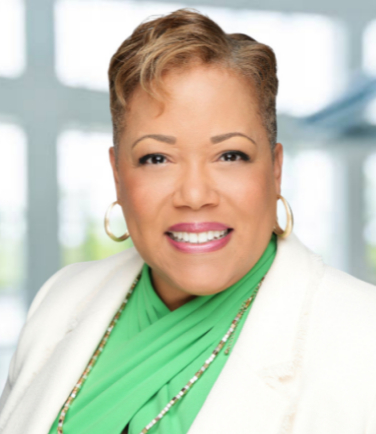
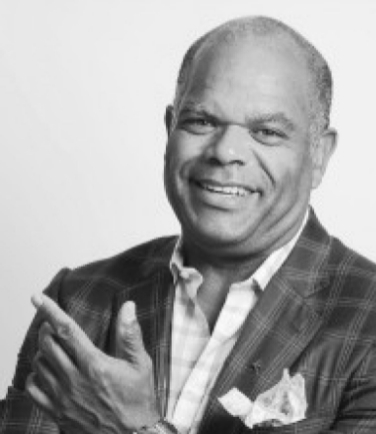
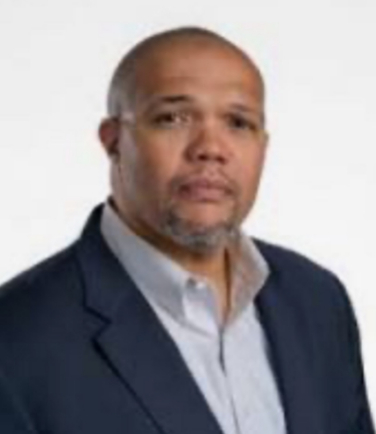
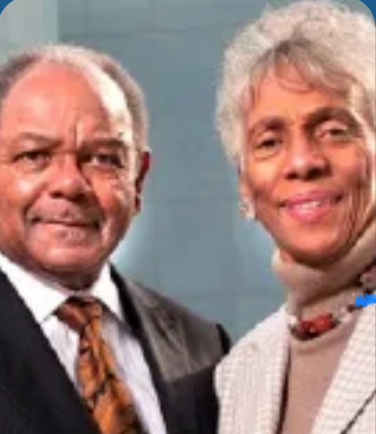
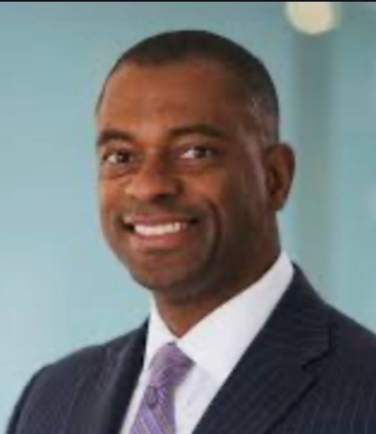
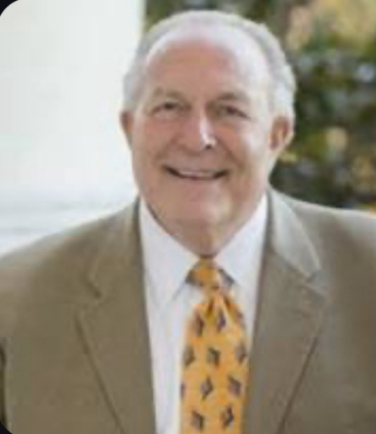
Register to attend
November 9, 2024
Centennial Gala
GALA Seating
Individual & Table
- 1 Premium Reserved Table at Gala Dinner
- 1 Half-page ad in the gala booklet
- Company logo on promotional
- Company logo on promotional materials and social media
- Inclusion in press releases promoting the gala
- Brand signage at gala
- 1 Premium Reserved Table at Gala Dinner
- 1 Half-page ad in the gala booklet
- Company logo on promotional
- Company logo on promotional materials and social media
- Inclusion in press releases promoting the gala
- Brand signage at gala
Become an Empower Sponsor
25K Donation:
- 1 Premium Reserved Table at Gala Dinner
- 1 Half page ad in the gala program
- Access to VIP Meet and Greet pre-gala event
- Company logo on promotional materials and social media
- 1 Full page color ad at Business Summit Dinner
- 20 Second promotional video previewed at gala
- Inclusion in press releases promoting the gala
- 4 Tickets to the Business Summit
- Brand signage at gala
Become an Impact Sponsor
60K Donation:
- 1 Premium Reserved Table at Gala Dinner
- 1 Full Page ad in the gala program
- Access to VIP Meet and Greet pre-gala event
- Company logo on promotional materials and social media
- 1 Page color ad at Business Summit Dinner
- 30 Second promotional video previewed at gala
- Opportunity to host a workshop
- Inclusion in press releases promoting the gala
- 6 tickets to the Business Summit
- Brand signage at gala
- Recognition as a sponsor in the video
- Recognition as a sponsor in the State of Baltimore Report
Become a Presenting Sponsor
75K Donation
- Category Exclusivity
- 2 Premium Reserved Tables at Gala Dinner
- 2 Page Middle Spread in the gala program
- Sponsor features profile for 3 months on website gala page
- Access to VIP Meet and Greet pre-gala event
- Company logo on promotional materials and social media
- 1 premium table at Business Summit Dinner
- 45 Second promotional video previewed at gala
- Opportunity to host a workshop
- Inclusion in press releases promoting the gala
- Exhibit booth in the Business Summit
- Brand signage at gala
- Recognition as a sponsor in the video
- Recognition as a sponsor in the State of Black Baltimore Report
become a centennial sponsor
100K Donation:
- Category Exclusivity
- 2 Premium Reserved Tables at Gala Dinner
- 2 Page Middle Spread in the gala program
- Sponsor features profile for 3 months on website gala page
- Access to VIP Meet and Greet pre-gala event
- Company logo on promotional materials and social media
- 1 premium table at Business Summit Dinner
- 45 Second promotional video previewed at gala
- Opportunity to host a workshop
- Inclusion in press releases promoting the gala
- Exhibit booth in the Business Summit
- Brand signage at gala
- Recognition as a sponsor in the video
- Recognition as a sponsor in the State of Black Baltimore Report
- A room commemoration in the headquarters building after the redevelopment project
Baltimore Urban League Early Milestones
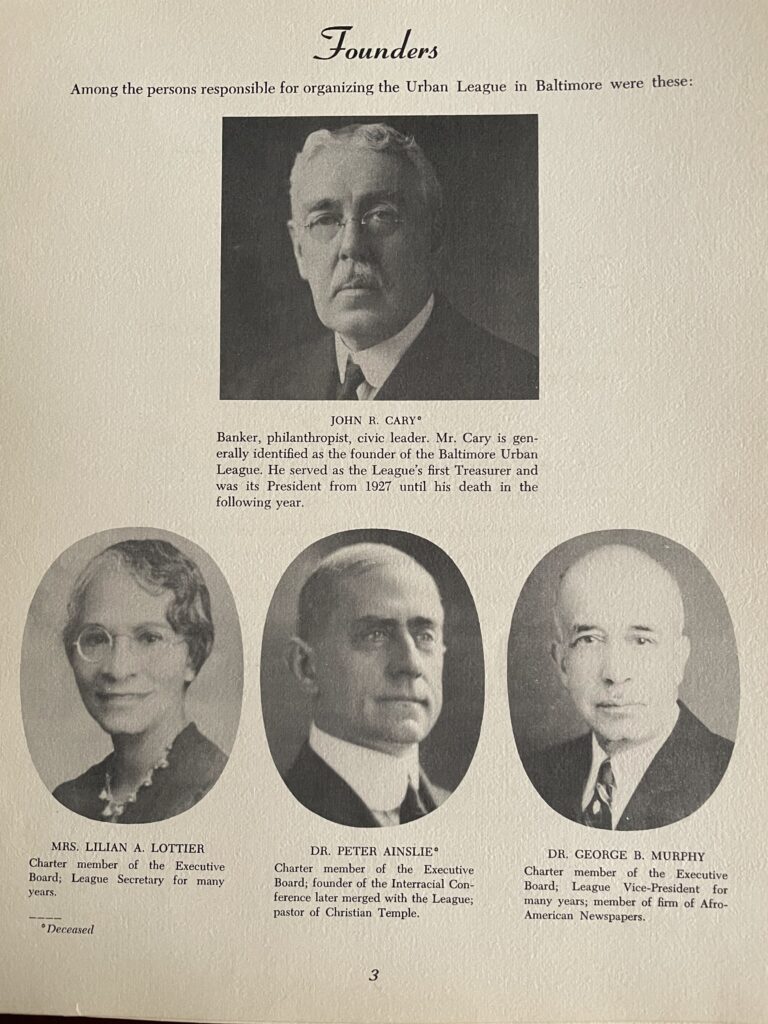
Executive Director Dr. Charles James tackled high unemployment rates by providing skills training and partnering with local employers to create opportunities for African Americans. For youth education initiatives: Offered mentorship and after-school programs to improve high school graduation rates and empower youth through academic support and leadership development. National Urban League establishes a census project in ten cities, including Baltimore, to reverse the Black undercount.
Curtis Oliver (CEO) addressed matters around business development programs, housing and homeownership programs. Business development workshops were vital because they supported African American entrepreneurs with small business training and access to capital, fostering economic growth in minority communities.To address housing and homeownership, educating African Americans on homeownership, fair housing practices, and financial literacy, helped to promote access to home-buying opportunities.
Dr. Joni Holifield (CEO) made the most impact around health and wellness advocacy and African American leadership development. For health and wellness he focused on addressing health disparities, increasing access to healthcare, and promoting prevention programs in underserved communities. For African American leadership development, he provided leadership training and mentorship to young professionals of color, cultivating the next generation of leaders in business, nonprofits, and public sectors.
J. Howard Henderson (President & CEO) focused on providing a haven for growth with the Raymond V. Haysbert Entrepreneurship Center which became a cornerstone for minority-owned business support, offering training, mentorship, and access to resources, helping businesses grow and thrive. Another focus was on college and career readiness for African American high school students, preparing them for college applications, financial aid, and career opportunities.
J. Howard Henderson (CEO until retirement) and Tiffany Majors (CEO from late 2010s - 2024), focused on Youth Development and employment, Workforce Readiness Programs, digital literacy and tech based workforce training. The youth development program equipped middle and high school students with leadership skills, academic preparation, career exploration. That career exploration included providing internships, summer jobs, and job readiness training for youth in Baltimore. The workforce readiness program focused on job training, resume writing, and interview preparation. That same program helped to build skills training in various fields, such as; the Healthcare industry which became a growing job sector in Baltimore and focused on certifications and job opportunities in healthcare fields. Other workforce fields included developing digital skills for the modern job market, enabling participants to access higher paying career opportunities.
Tiffany Majors (CEO & President from 2010's - Jan. 2024) and Tershea Rice (COO from Jan. 2024 - Present), focused on the Workforce Innovation program, Black Restaurant Accelerator Program (BRAP), creating a dynamic podcast that brought Voices to The People, Civic Engagement and Social Justice Initiatives. These programs build on digital skills development for underserved communities, preparing participants for higher-paying jobs in tech sectors. Partnerships to create a national initiative funded by the PepsiCo Foundation, provided training, mentorship, and grants to Black-owned restaurants. So far GBUL has trained over 60 black owned food service businesses and funded 24 businesses to date, at $10,000 per business totaling $240,000 in funding to support black businesses in the Greater Baltimore area, over the last three years.The podcast launched as a platform to highlight key issues impacting the African American and minority community in Baltimore, featuring discussions on social justice, economic equity, and community advocacy. Advocation for voter education, police reform, and racial equity, positioning GBUL as a leading voice for policy change and community empowerment.
© All rights reserved Copyrights 2023 | gbul.org
